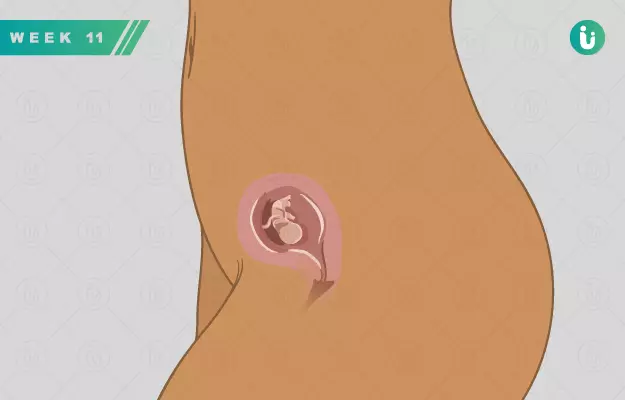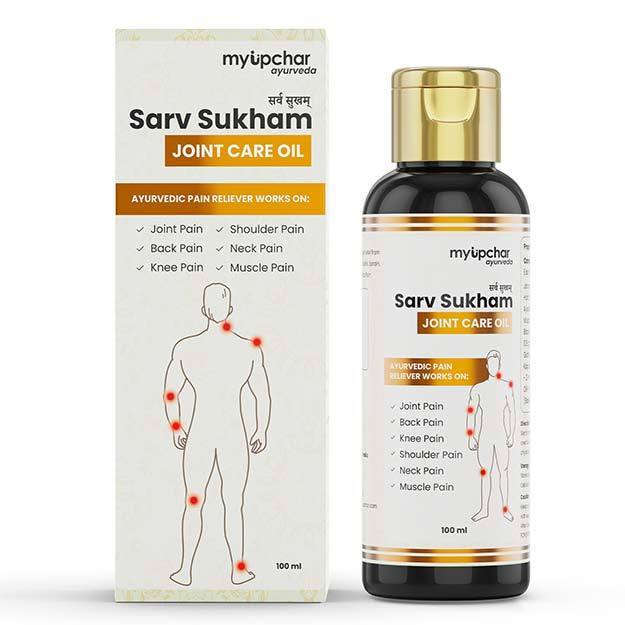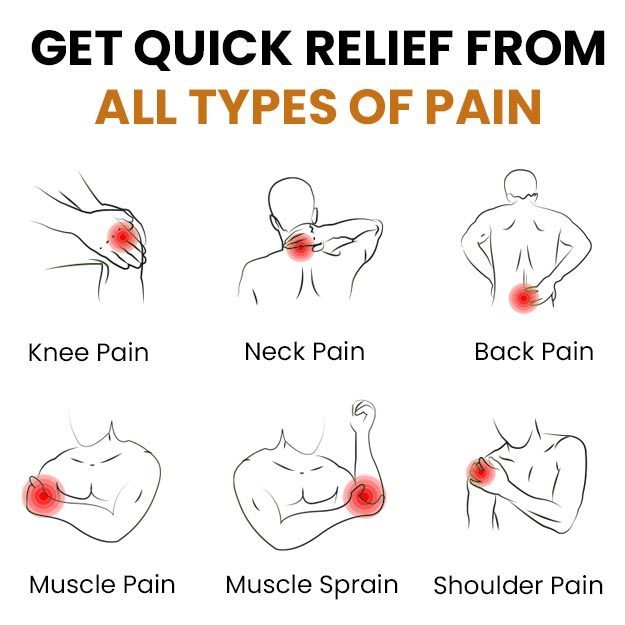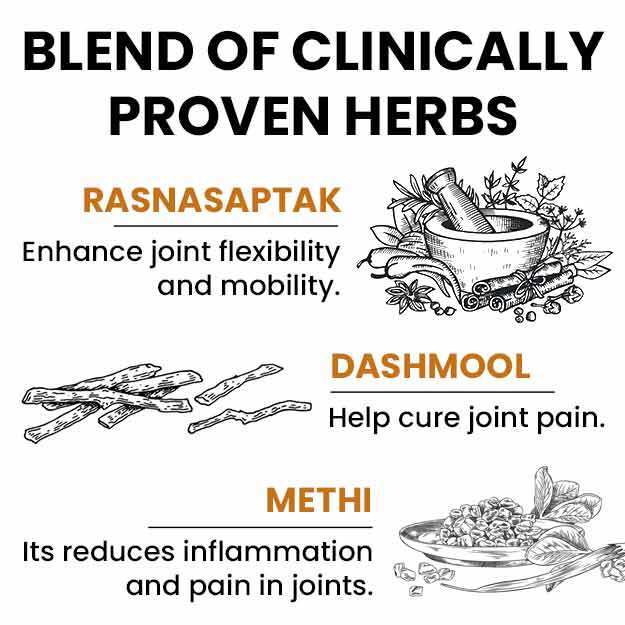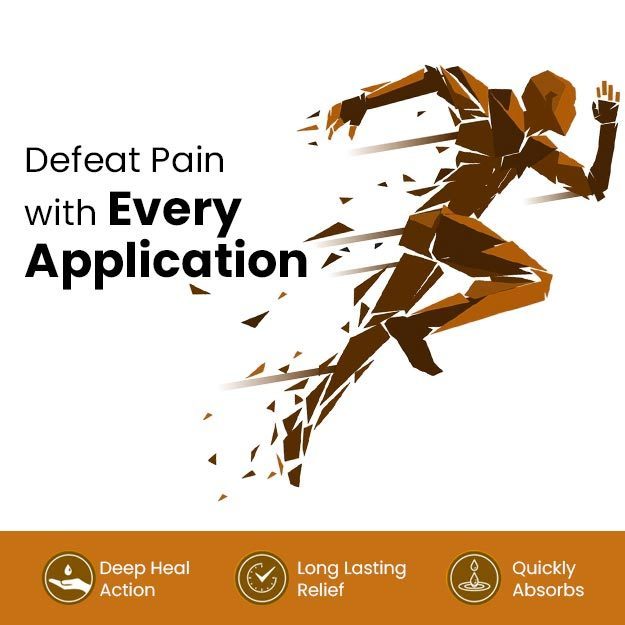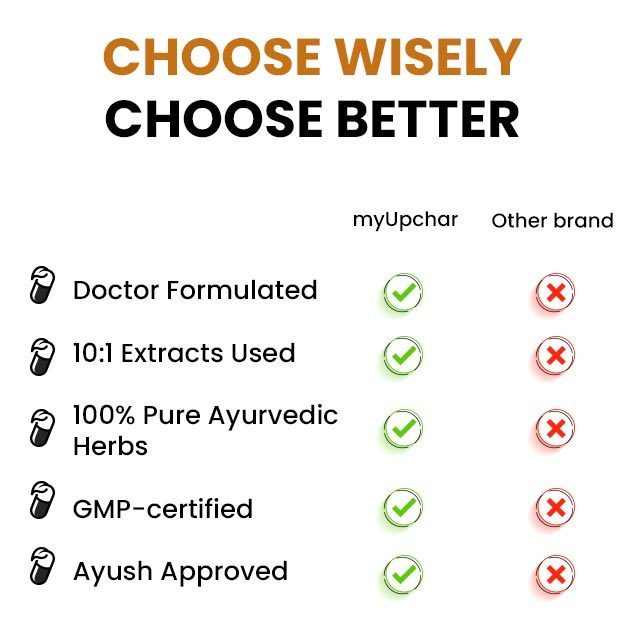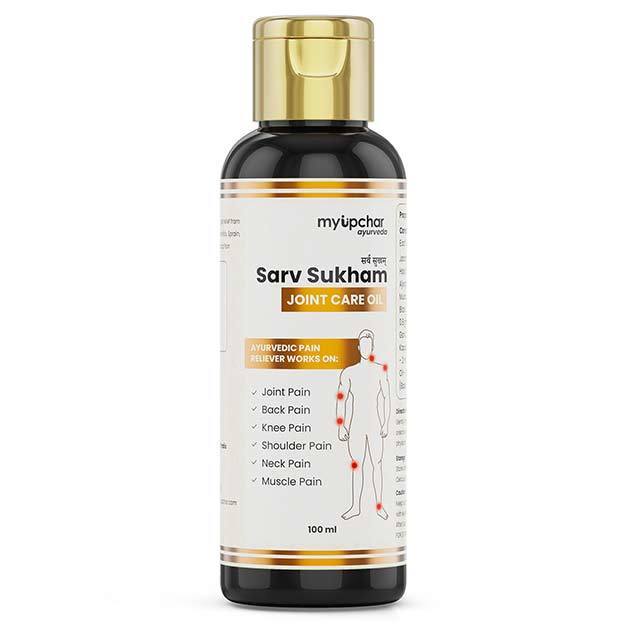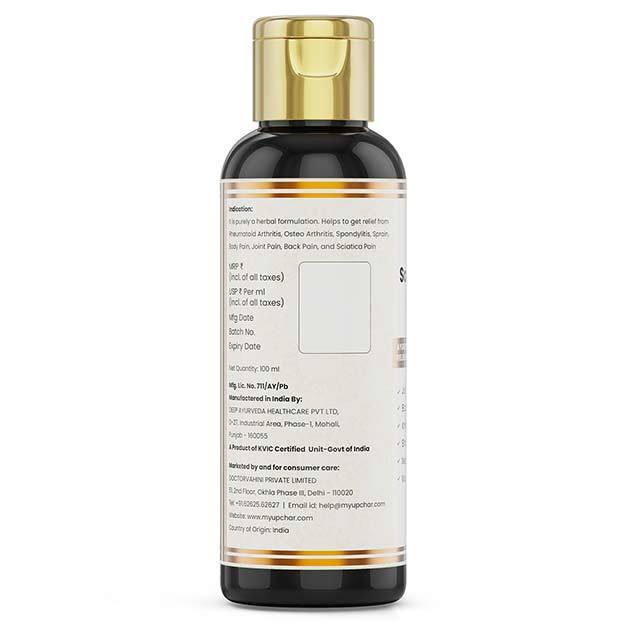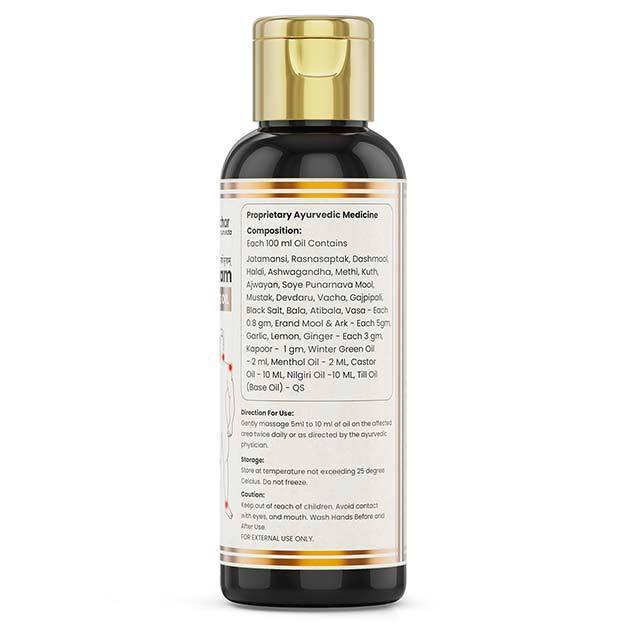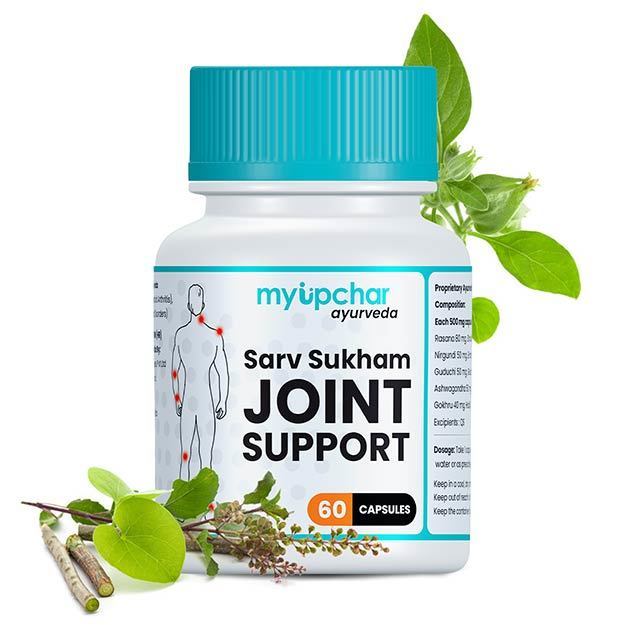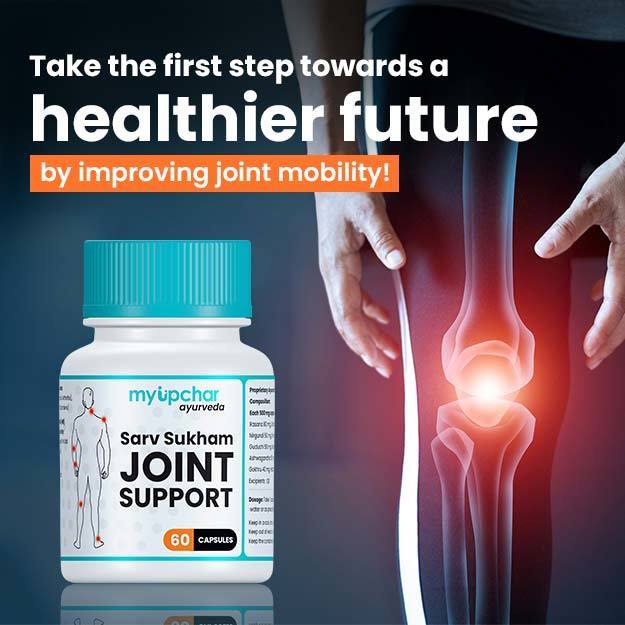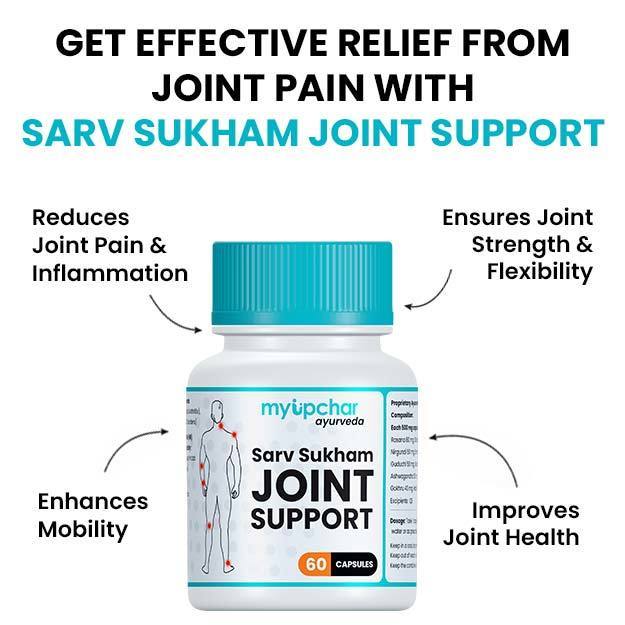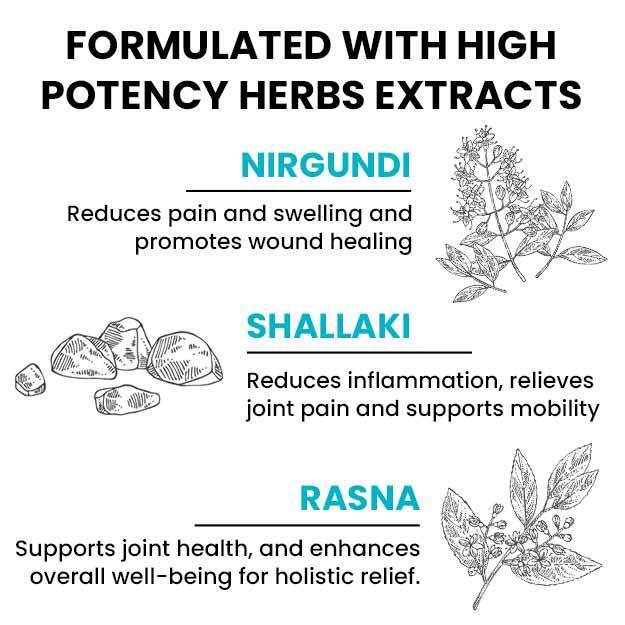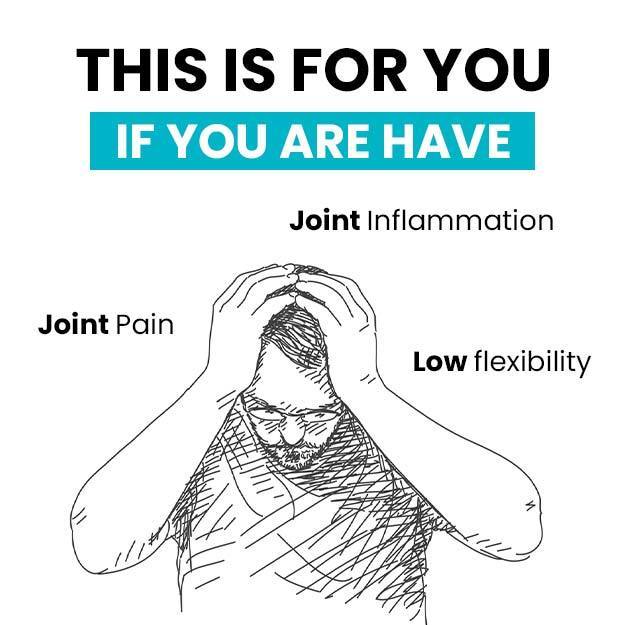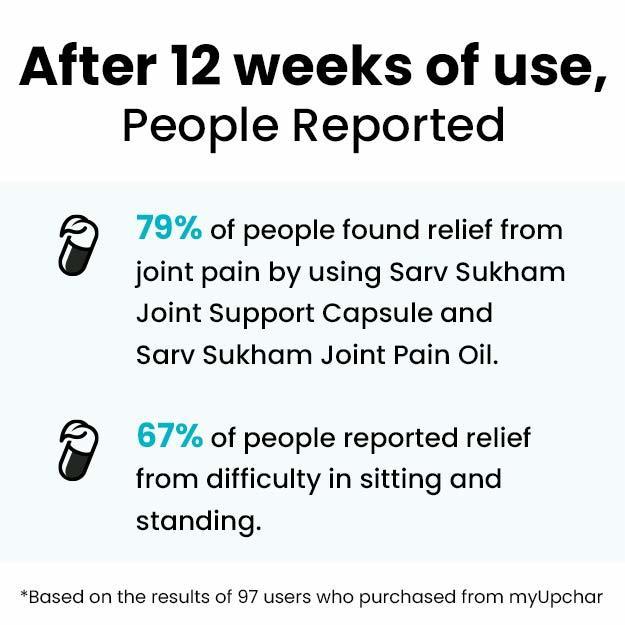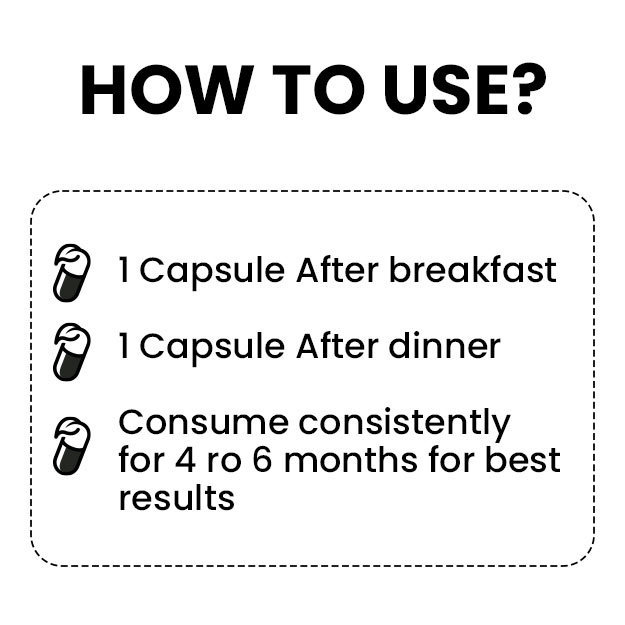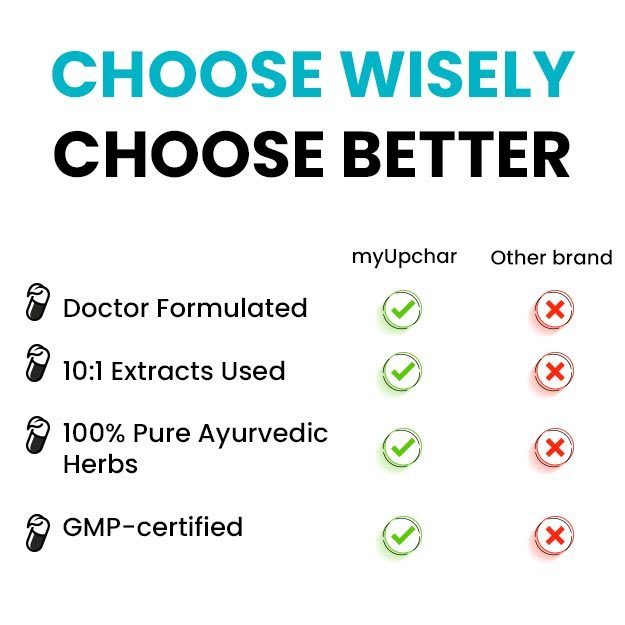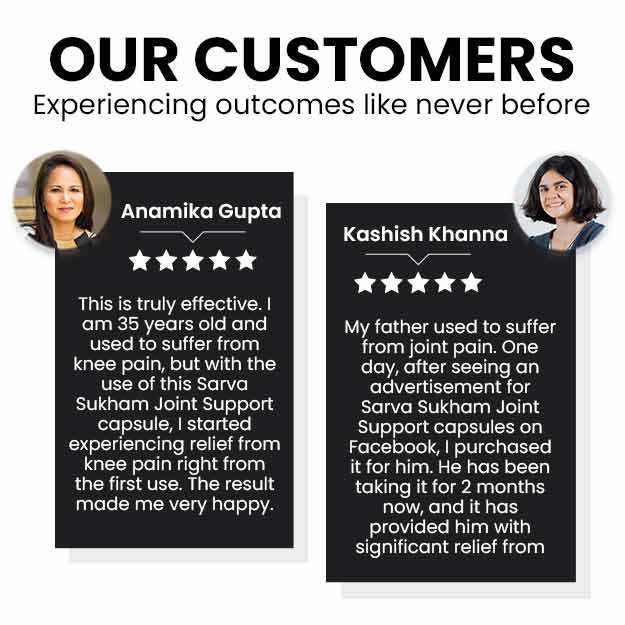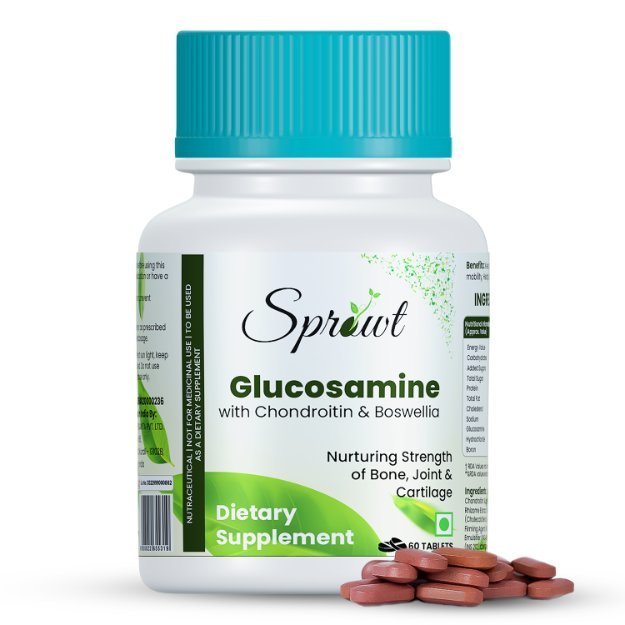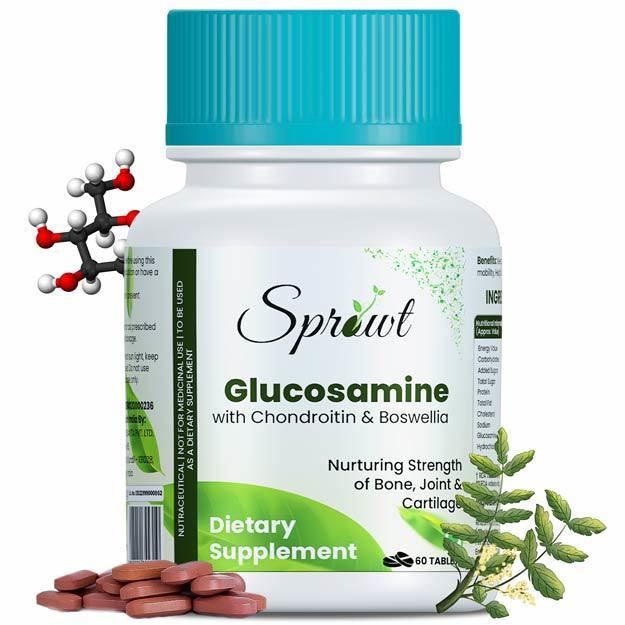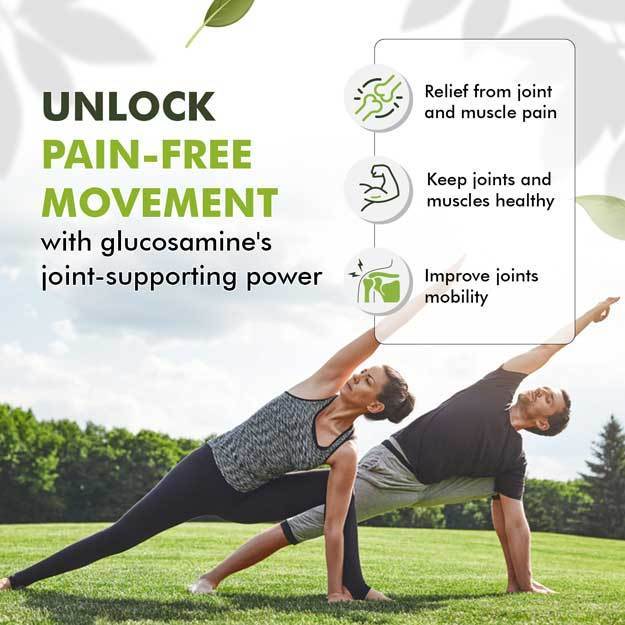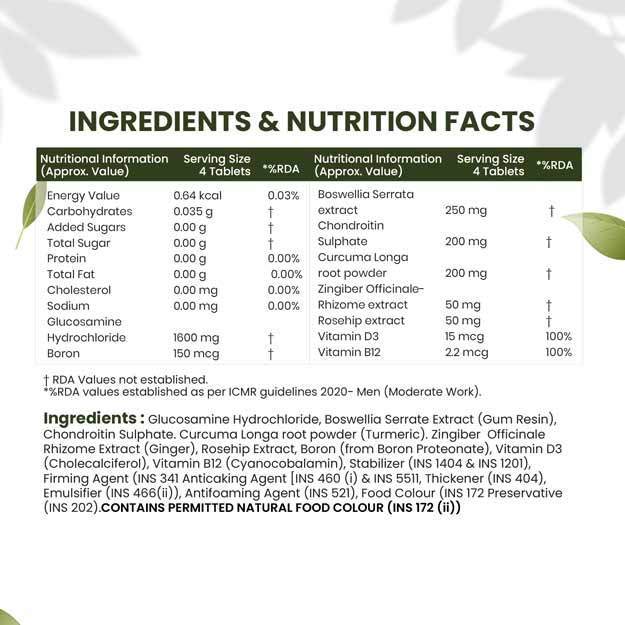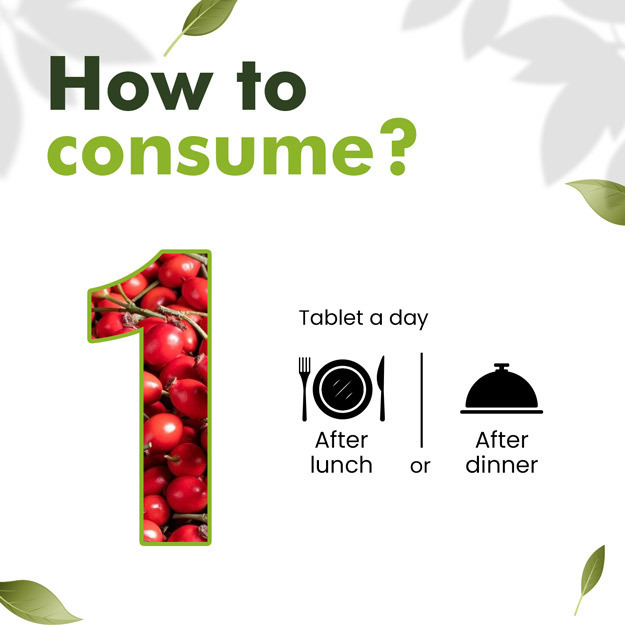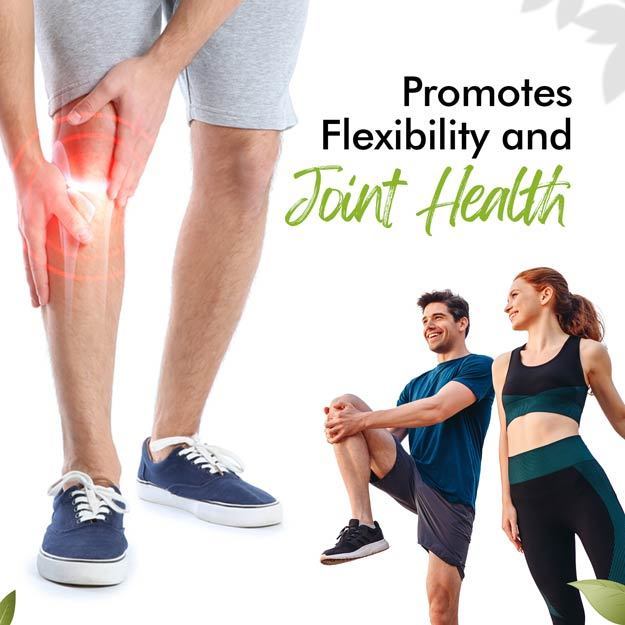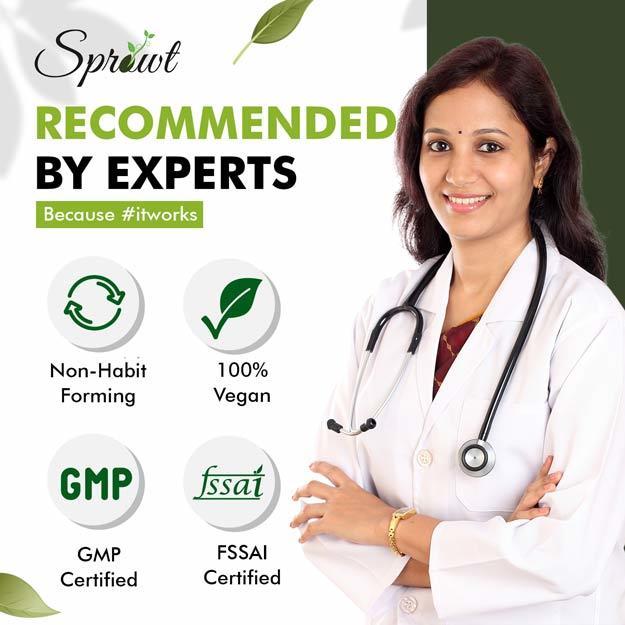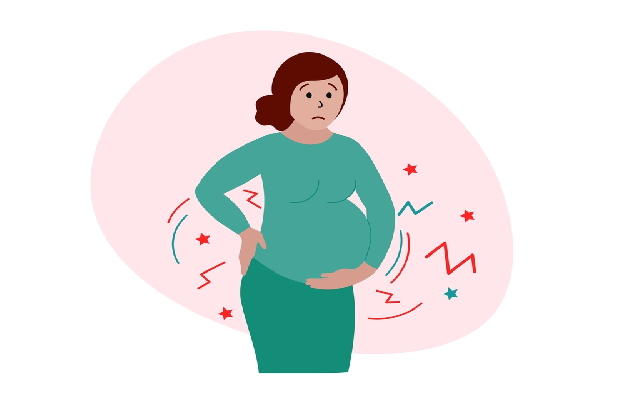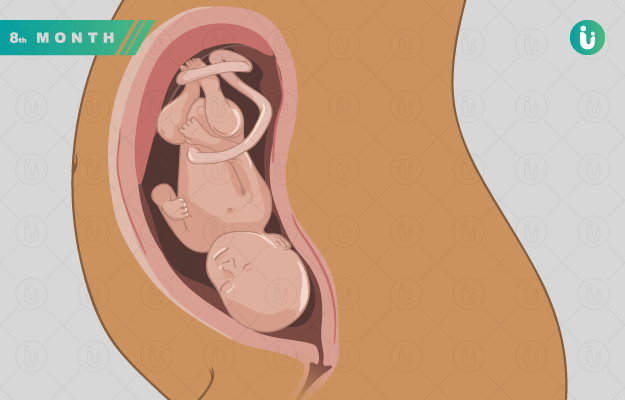Welcome to the 11th week of your pregnancy. Your waist has started to broaden, and a little bump might even show now. Your body is pumping 50% more blood now and this can make you feel hot, sweaty and even dizzy.
While the first trimester of pregnancy might be made difficult by symptoms like these, you are just two weeks away from entering the second trimester of pregnancy (week 13 -27) - and things are going to get much better from there on as you get that much-coveted pregnancy glow, and the morning sickness abates.
Meanwhile, your baby is growing rapidly in the womb now. The placenta is almost done developing - this should be completely done by 12 weeks.
As your baby develops quickly, you too should focus on getting enough nutrition and exercise. Follow a proper pregnancy diet so that your immune system stays strong, and your baby gets all the nutrition he or she needs to thrive.
It’s also important to be aware of the complications of pregnancy and get thorough checkups during pregnancy. There are a few vaccinations during pregnancy that your doctor will recommend, and you will have to take a few vitamin and mineral supplements during pregnancy too.
Read more: Ways to reduce your body temperature naturally during pregnancy

